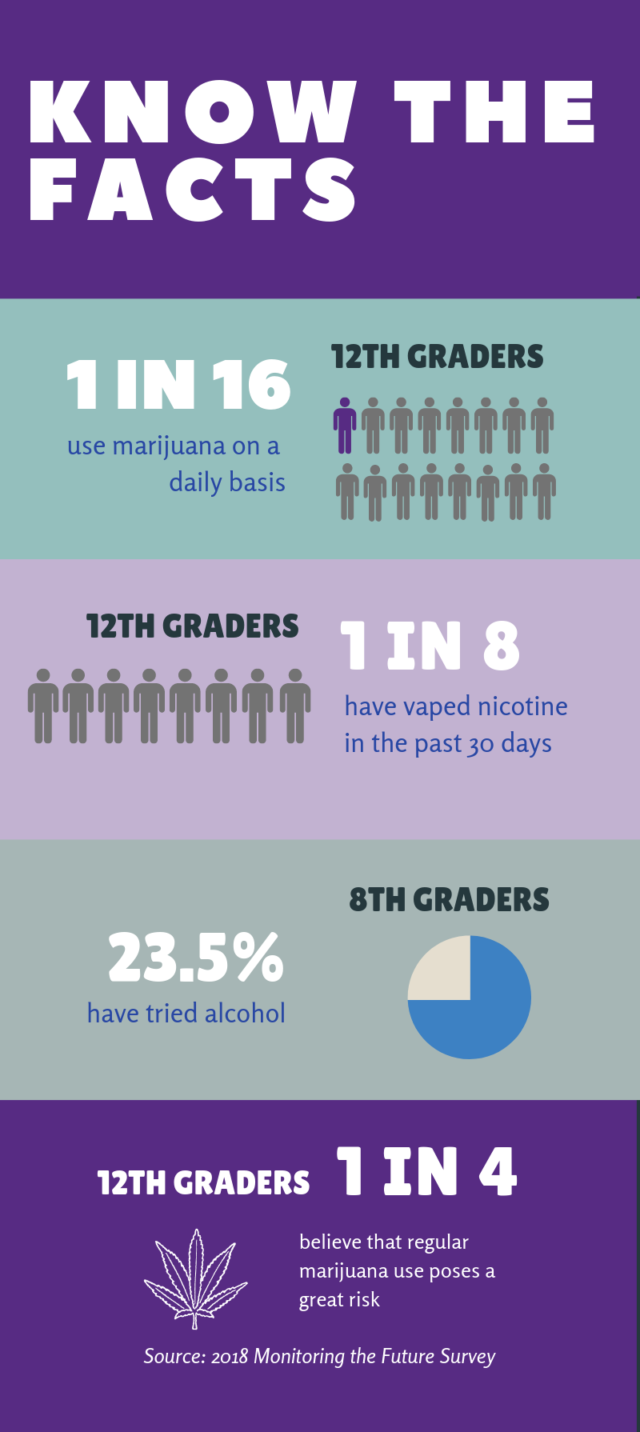Obtain Understanding On Just How To Get Over Triggers And Cravings After Rehabilitation By Carrying Out Efficient Methods To Maintain Your Sobriety And Browse With Tough Moments
Obtain Understanding On Just How To Get Over Triggers And Cravings After Rehabilitation By Carrying Out Efficient Methods To Maintain Your Sobriety And Browse With Tough Moments
Blog Article
Post Writer-Paaske Cash
You've completed Drug rehab and taken a considerable action towards a much healthier lifestyle. Now, encountering triggers and food cravings post-rehab can be a challenging trip. Just how do you navigate via these moments without jeopardizing your progress? Recognizing the methods to cope with triggers and food cravings is essential in maintaining your soberness. Let's explore effective methods to deal with these obstacles and safeguard your newfound commitment to living a drug-free life.
Identifying Triggers and Yearnings
To properly handle your triggers and cravings, begin by identifying the scenarios or emotions that lead to your desire to utilize. Take a moment to review what circumstances or feelings prompt your food cravings. Is it anxiety, dullness, social situations, or specific areas? By pinpointing these triggers, you can much better prepare yourself to handle them.
Triggers can be both interior, such as adverse feelings or physical discomfort, and external, like being around individuals that utilize materials or seeing a certain area.
Focus on patterns in your yearnings-- are they more frequent at particular times of the day or in response to particular occasions?
Building Healthy Coping Approaches
Recognizing your triggers and cravings is the initial step towards building healthy coping approaches to handle them efficiently. When you recognize what circumstances, emotions, or people cause your cravings, you can start developing a strategy to address them.
One efficient technique is to replace unfavorable actions with favorable ones. As an example, if anxiety causes desires, exercising relaxation strategies such as deep breathing or reflection can help. Participating in physical activities such as workout or going with a stroll can likewise be an excellent means to handle yearnings.
An additional essential element of building healthy and balanced coping techniques is to create a helpful setting. Border yourself with individuals that recognize your trip and can supply support and responsibility. It is very important to develop boundaries with people that might not sustain your healing.
Furthermore, establishing a routine that includes healthy habits like normal exercise, proper nutrition, and adequate rest can aid you stay on track and reduce the probability of experiencing triggers and food cravings.
Looking For Assistance and Responsibility
Producing a network of encouraging people that can give support and hold you answerable is critical in handling triggers and cravings efficiently. https://portal.ct.gov/Office-of-the-Governor/News/Press-Releases/2022/04-2022/Governor-Lamont-Announces-Connecticut-Receives-Approval-of-Funding-For-Substance-Use , family members, or a support system who recognize your journey and can use assistance when you face difficult situations.
Having someone to talk with during minutes of temptation can make a significant difference in remaining on track with your recuperation. Accountability partners can assist you stay focused on your objectives and remind you of the reasons you selected to seek help to begin with.
They can also help in producing an organized plan to handle triggers and food cravings, such as developing alternative activities or coping mechanisms to change need to make use of drugs. Routine check-ins with your support system can offer reassurance and motivation, assisting you really feel less separated in your recovery journey.
https://anotepad.com/notes/97k7b4m7
Remember, recognizing and handling triggers and food cravings after Drug rehabilitation is a vital component of keeping sobriety.
By determining your triggers, developing healthy coping methods, and seeking assistance from liked ones or support groups, you can browse via difficult moments and stay focused on your soberness goals.
Bear in mind, you aren't alone in this journey, and with the right devices and support, you can get rid of temptations and live a satisfying, drug-free life.
Stay solid and keep moving on.
